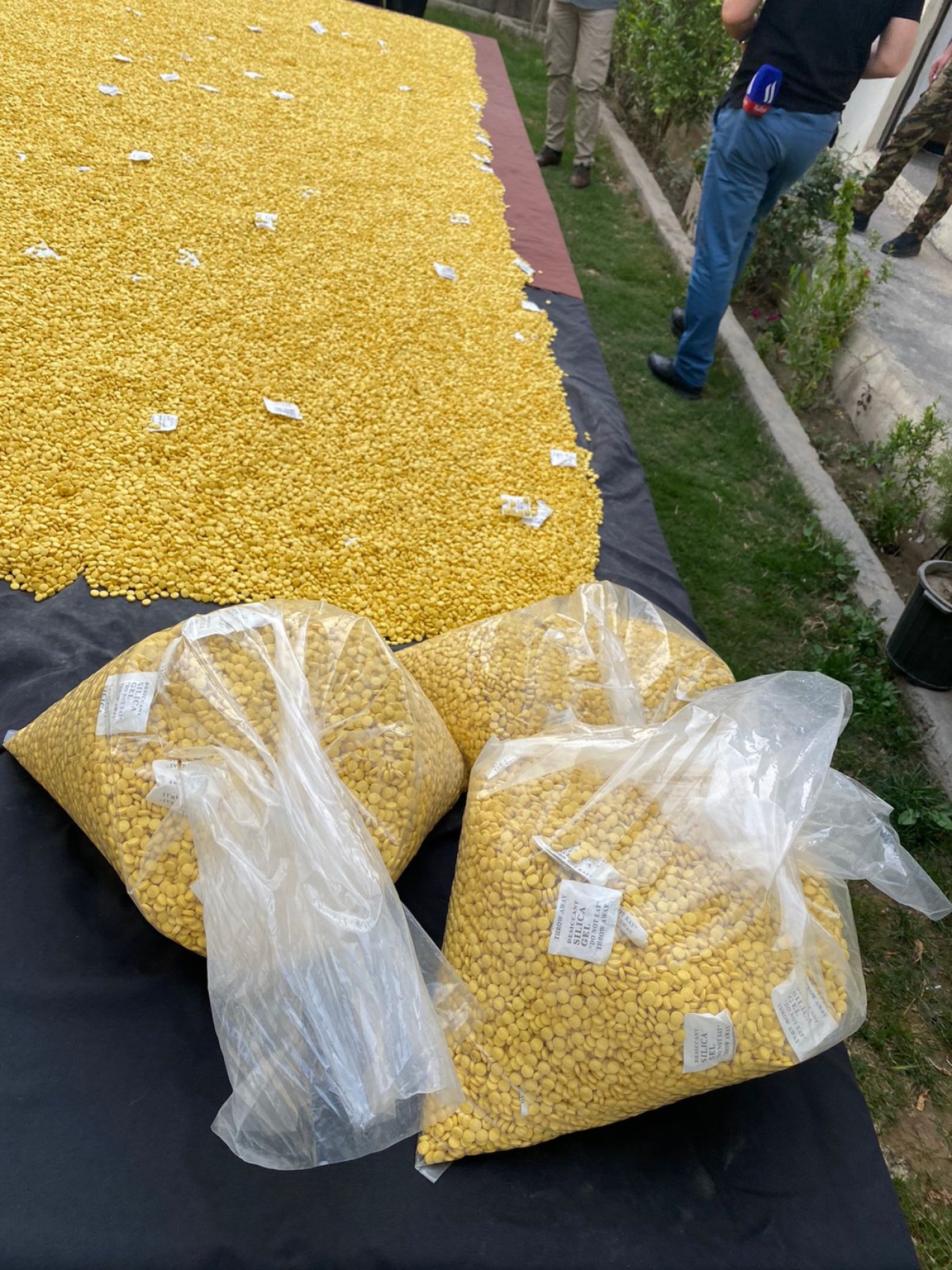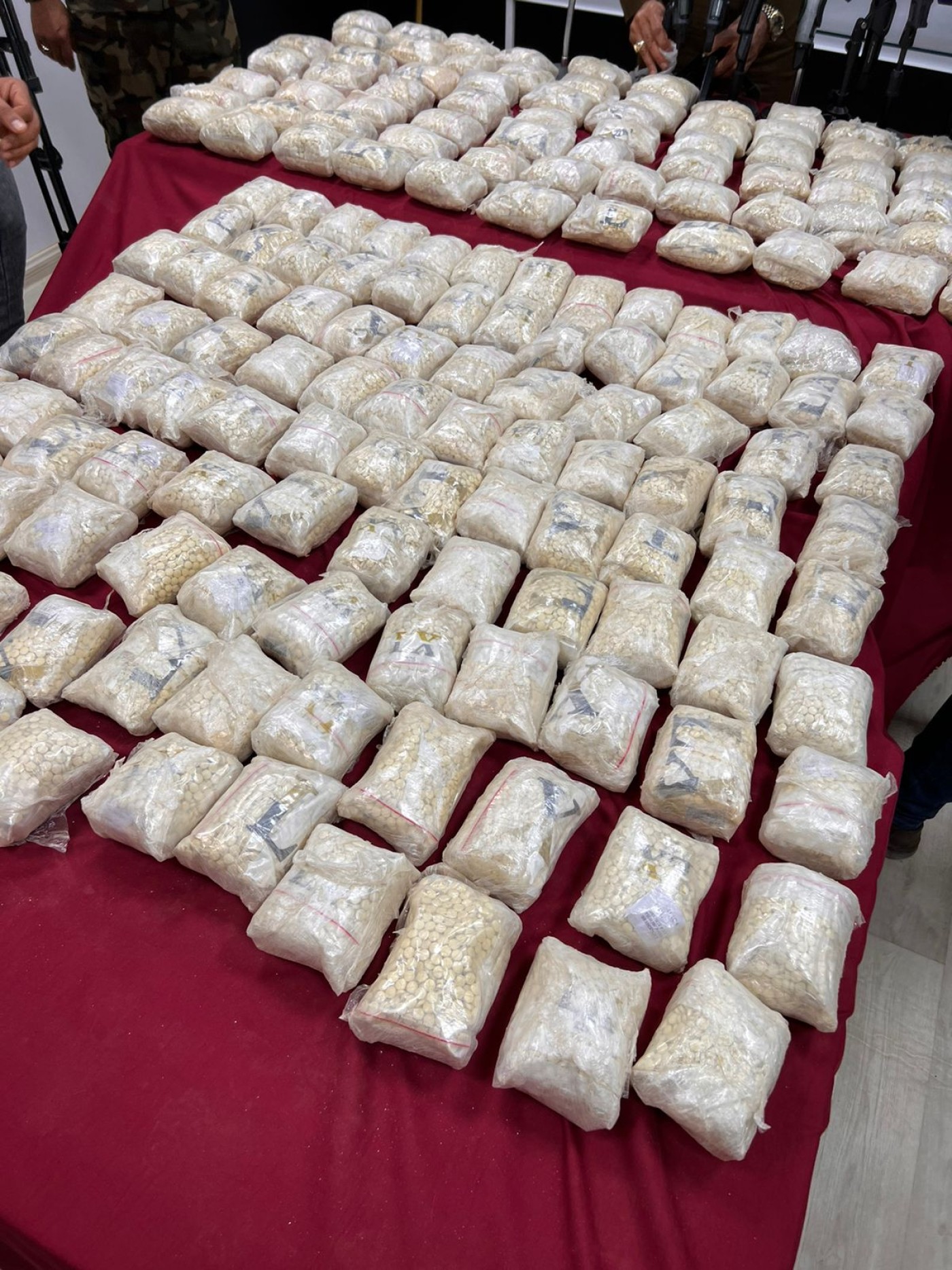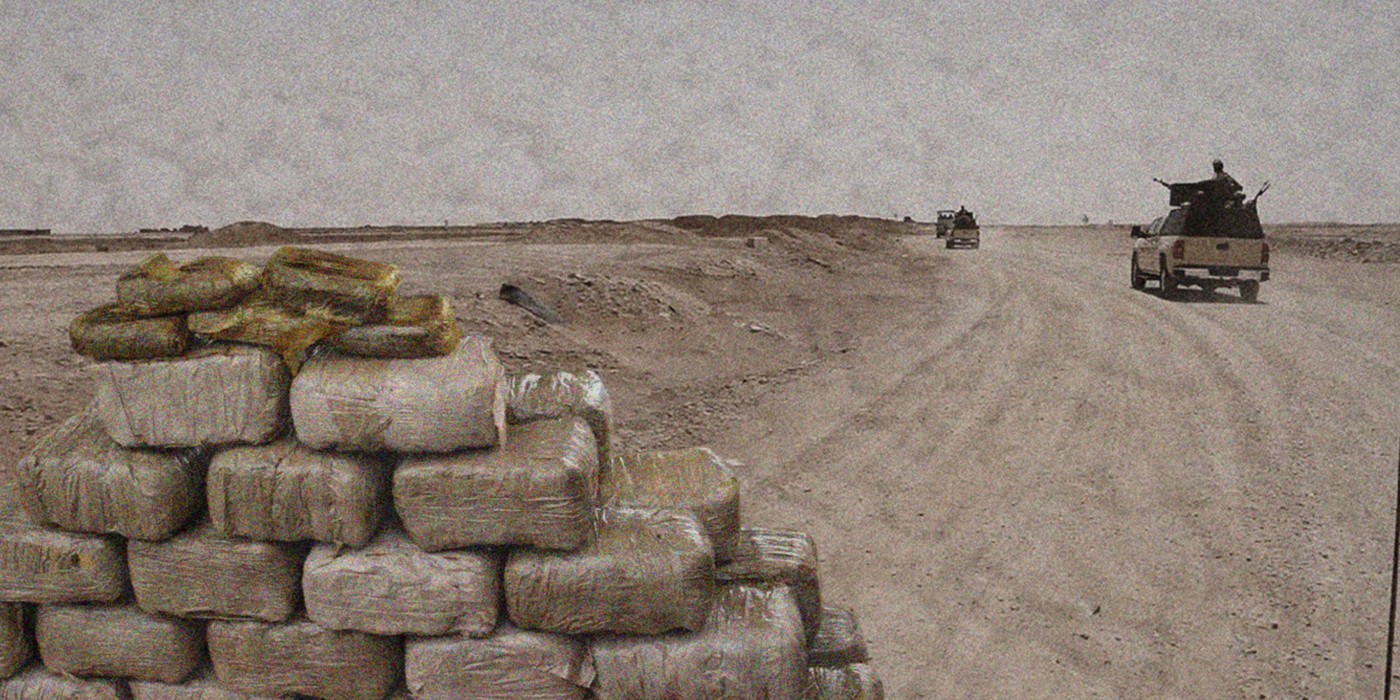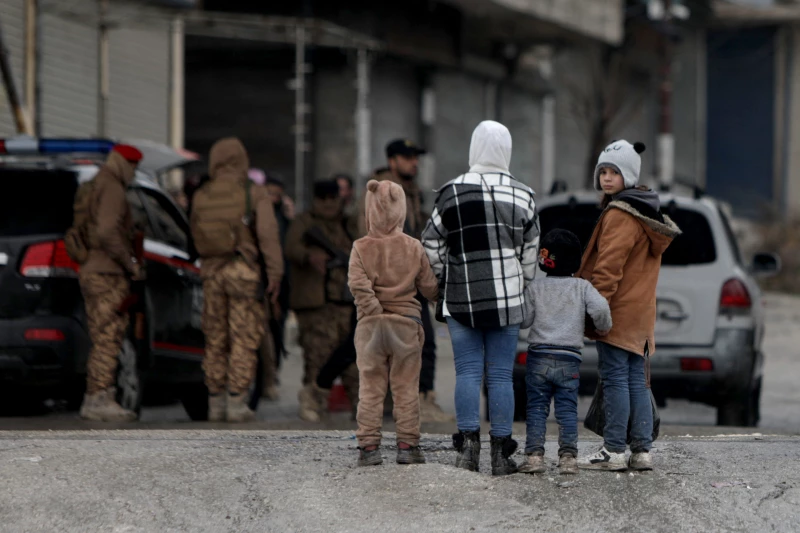ANBAR, Iraq - An influx of mind-altering substances permeates Anbar through covert channels. The scourge of drug trafficking and its rampant dissemination throughout the nation, particularly in the Anbar province, is a phenomenon alien to Iraqis, yet it now poses an imminent threat, claiming the lives of young people with alarming frequency. This underscores the urgent need for government authorities to take swift and decisive action to stamp it out and apprehend those responsible for peddling these destructive substances.
It's noteworthy that health teams managed to treat five thousand addicts and users over the past year. The youth are particularly vulnerable. Ahmed, a fifteen-year-old who views himself as a survivor of opioid addiction following his arrest in Ramadi for drug use, reflects, "Addiction to mind-altering substances is a slow death, even more insidious than terrorism, as it saps away our youth, one by one," revealing that "one of his peers led him into drug use."
Ahmed elaborates, "I would sneak out of the house late at night to partake in drugs, away from my family's vigilant gaze," recalling how he "was apprehended for drug use upon returning home, feeling a sense of euphoria." Meanwhile, Mohammad reveals, "Drugs are easily accessible in Ramadi, particularly due to an underground network connecting dealers and users, with sellers discreetly peddling their wares on the streets."
Mohammad further remarks, "Dealers have found ways to circumvent security measures, including utilizing social media for communication and choosing remote locations to evade detection of their operations and residences.”
As per accounts from users, the most prevalent substance in Anbar is Captagon, commonly referred to as "Zero-One," fetching a price of no more than five thousand dinars. Credible sources within the Ministry of Health affirm that the majority of users fall within the age bracket of 15 to 30 years old.
In May 2021, a judge at the Anbar Investigation Court warned that addiction rates among Iraqi youth could potentially soar to 50 percent.
Since 2003, Iraq has emerged as a significant market for the trade and consumption of psychoactive substances, notably in the Anbar province, where security forces struggled to contain smuggling routes.
The situation in other provinces mirrors that of Anbar, with armed factions and transnational criminal networks exerting control over drug smuggling and trafficking into Iraq.
Anbar: A sanctuary for smuggling
According to a source within the Anbar Police, "Anbar province has become a hub for drug smuggling, extending to neighboring countries and beyond." The source affirmed that "this trend intensified during the period of ISIS control over the province and has worsened since its liberation." They highlighted that "the borders with Syria remain inadequately secured, particularly due to the unstable situation caused by terrorist presence in certain areas."
The Anbar Police highlighted that Captagon originates from Syria and Lebanon, making its way into Iraq, whereas Crystal Meth is primarily sourced from southern provinces in limited quantities.
However, the authorities have managed to intercept the majority of these shipments before they can be distributed.
The Anti-Drug Unit in Anbar revealed that security forces apprehended over 500 individuals engaged in drug trafficking and distribution in the province last year. They seized a staggering haul of over 3.6 million Captagon pills and psychoactive substances, some of which were equally hazardous as the infamous yellow pill.
The Anti-Drug Directorate, under the Ministry of Interior, emphasized that "according to our database, narcotics are illicitly trafficked into Iraq via unofficial routes, such as the border strip, marshlands, and deserts." They noted that "the most prevalent substances are central nervous system stimulants like crystal meth and marijuana, which permeate western, central, and southern Iraq, primarily entering through the provinces of Maysan and Basra. Additionally, Captagon pills and various psychoactive substances enter through the Anbar province."
It's noteworthy that the Qaim area boasts two crossings: the Naysami Road, which traverses the border town of Qaim into the Syrian province of Al-Bukamal, and another route through the desert expanse of Waleed, providing access to Syrian territory.
In the Rutba area, there are also two crossings: the Naysami Road, which links the two extremities of the Iraqi-Jordanian desert across varied landscapes of undulating terrain, plateaus, and valleys, and another route through the Horan Valley, traversing the Rutba desert and extending into Jordanian territory.
A torrent of drugs
Over the past two decades, Iraqi authorities have conducted 15,000 operations to seize narcotics. These efforts have led to the confiscation of 5.9 tons of unspecified drugs, along with 61 million narcotic pills, including five million Captagon pills, 31,000 ampoules, and nine thousand bottles of dual-use drugs with psychoactive properties. Additionally, authorities intercepted 350 kilograms of cocaine.
In August 2022, the Ministry of Interior released a bulletin revealing that crystal meth and marijuana are widespread in the central and southern regions of Iraq, primarily entering through the border crossings of Maysan and Basra with Iran. Meanwhile, Captagon and other psychoactive substances dominate the western and northern regions, gaining entry through the border of Anbar with Syria.
A senior officer within the Anbar Police, speaking on condition of anonymity, disclosed that the primary sources of Captagon entering the province are "the factories and facilities located in Syria and Lebanon." He noted that "Al-Qaim is particularly active in smuggling large quantities, although there are other areas facilitating drug entry into Anbar."
Prevention is better than cure
The Anti-Drug Unit has ramped up its efforts with support from national security and organized crime units. Individuals caught in possession of drugs are detained under judicial orders, their statements are formally recorded, and they are subsequently brought before criminal or misdemeanor courts. Upon conviction, they may be incarcerated in adult prisons or juvenile reform centers for underage offenders, or directed to rehabilitation facilities, as was the outcome for Mustafa.
Fadel Al-Ghraoui, a former member of the Human Rights Commission, underscored that "Iraq is lacking in rehabilitation centers for addicts, which adversely impacts the prospects for their health, psychological, and social recovery. Furthermore, there is a deficiency in educational programs addressing the perils of drug abuse and offering guidance on how to combat this hazardous phenomenon."
On a different topic, Dr. Saif Al-Badr, spokesperson for the Ministry of Health, emphasized in earlier remarks that "the number of hospitals and health centers specializing in treating drug addiction is insufficient and requires enhancement to accommodate a greater number of individuals seeking detoxification." He also highlighted that "each province has a center or clinic dedicated to treating addiction."
It's noteworthy that Iraq operates a network of rehabilitation centers for addicts, four of which are notable for their capacity and effectiveness. These include the Basra center located at Al-Faiha Hospital, boasting 44 beds, the Diyala center with 20 beds, Al-Hayat for Recovery situated at Al-Hussein Hospital in Thi Qar with 24 beds, and a facility within Babil Hospital featuring 20 beds. Additionally, there are smaller units at Al-Zahra Hospital in Wasit, Al-Imam Al-Hassan in Karbala, Al-Salam in Nineveh, Azadi in Kirkuk, and Al-Hussein in Muthanna. In Baghdad, two prominent centers are Al-Ataa and Ibn Rushd.



 Facebook
Facebook
 LinkedIn
LinkedIn
 Telegram
Telegram
 X
X


